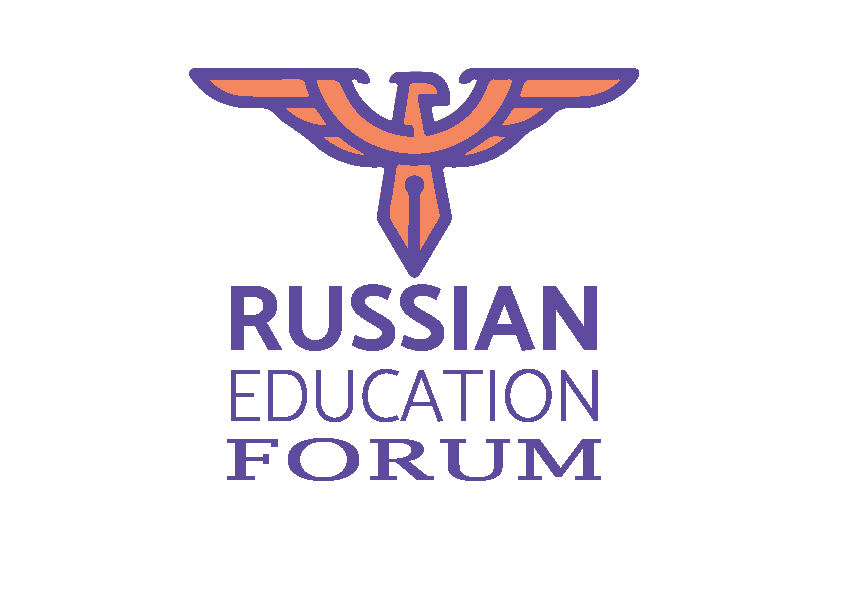On the final day of the St. Petersburg International Economic Forum “SPIEF-2021”, a discussion held on the platform of the Russian Ministry of Education and Science on the new program for support and development of universities. Similarly, the ministry’s representatives and invited experts debated how and why world-class universities established in Russia.
SPIEF has turned into a renowned established brand ever since its beginnings. This is possibly the best global forum, bringing together companies from all over the world to share best practices and skills. SPIEF is a place where people may trust one another. Such outcomes would not have been possible without a continuous focus on all parts of the Forum agenda, including the relevance of the business and the quality of the business services, and the caliber of the activities.
Given the significant security measures, more than 13 thousand people representing 140 countries attend SPIEF 2021 event. Over 240 events, with over 170 sessions under the main program, were held in the format of panel discussions and roundtables, topical business breakfasts, TV debates, and country business dialogues.
There will be more leaders in the future
In the SPIEF-2021 event, according to Andrey Omelchuk, Deputy Head of the Russian Ministry of Education and Science, the new Priority-2030 program incorporated all the best that was in the previous program for the development of the country’s universities – Project 5-100. But at the same time received a change in the design of the program. Similarly, targeting in worldwide rankings has given way to tools that will impact university development.
“In the new program, we considered universities’ contribution to the country’s economy and development. You can’t support just 21 leaders. However, there are many more of them in our country. This will be the largest state-funded university assistance program in recent years. More than a hundred universities must include in the scheme, with the basic amount of grant provided to them. Further, our board will decide how many of them would get a special part, such as a substantial grant, ” he said at SPIEF-2021.
SPIEF-2021: The wider demand for quality high-quality education
As per sociological research, today’s Russian education system dedicated to high-quality education within the country and values the advancement of universities and Russian Education.
According to Sofia Malyavina, head of the ANO National Priorities, the demand for the scientific sphere among parents as the future of their children is 80% today.
“We all hope that Priority 2030 would improve our country’s scientific status. The public demand for “Priority-2030” is very large: both for equal access to basic education, and for science and high-tech programs,” Sofia Malyavina, head of the ANO National Priorities explained at SPIEF-2021.
SPIEF-2021: Universities Will Collaborate With Industry And Society.
Assessing the ideological foundations of the Priority 2030 program, rectors of leading Russian universities noted the involvement of regional universities in the system of international standards.
“The university should work on scientific and technological guidelines. Education should target research and collaboration with other universities. Also, the university should involve in the non-academic sector in conducting research for business and society. Cooperation between business and society should be built. This is what the Priority-2030 program’s ideology based on,” said Vladimir Vasiliev, Rector of the St. Petersburg National Research University of Information Technologies, Mechanics, and Optics (ITMO) at SPIEF-2021.
According to Andrei Volkov, Director of the Institute for Public Strategies of the Moscow School of Management SKOLKOVO, the new program is a space that makes its participants think about their own development model and how the model chosen by the university correlates with the global development models of successful universities.
“I would like universities not to lose sight of the idea of a world-class university, guidelines for the development of regions, for the development of the country in the new Priority-2030 program. To achieve truly lofty goals, goals for yourself need to be overestimated,” said Vadim Volkov, Rector of the European University at St. Petersburg.
Higher education in Russia will be a global brand
The discussion went beyond the allotted time and became one of the most massive at the stand of the ministry. Summing up the results of an hour and a half discussions about what the new program can give to Russian universities and what this work will lead to, Andrei Volkov reminded the audience of Thomas’ theorem: if a situation thought of as real, it is real in its consequences. Therefore, if Russian universities have become participants in the program and the first echelon of a hundred universities, begin to think of themselves in the international paradigm of higher education, progress and reaching a new level are inevitable.
Sofia Malyavina noted that the population of the country still has a high demand for smart Russia, where higher education is one of the brands.
“The Priority-2030 program has turned out to be multifaceted in both world-class universities and the basic quality of education in the regions. The more universities involved, the more successful the implementation of the program will be. And the more confident the movement of a number of universities to the international level will be,” Andriy Omelchuk explained.











